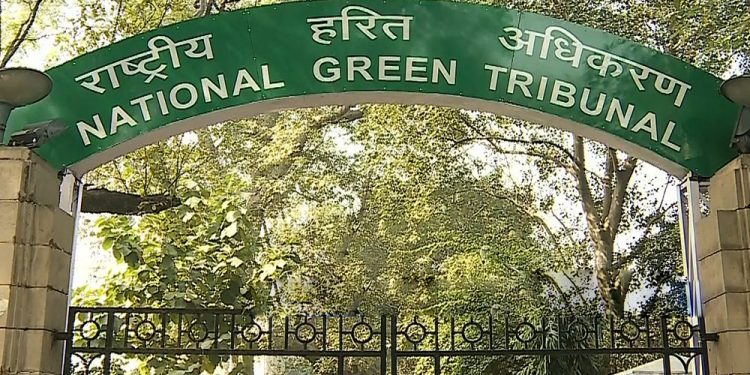Bhubaneswar: The National Green Tribunal (NGT) has prohibited construction work of a piped water project in Kendrapara district without environment clearance from the Union government.
The order was issued after the tribunal was told by the officials that the project on 2 acres of land comprising forest land was in progress without valid environmental clearance from the Ministry of Environment and Forests (MoEF).
The piped water project was being undertaken at Manikunda village under Marshaghai tehsil of the district. The written order of the NGT said, “In view of the above we did not deem it essential to keep this matter pending further except to direct the state government not to commence the work without first obtaining clearance under Forest (Conservation) Act, 1980 from the ministry.”
It also added, “We expect the MoEF to expedite the process in accordance with law considering the public interest involved in the project. We also leave it open to the MoEF & CC to decide as to whether action should be initiated against the persons responsible for the breach under… Forest Conservation rules, 2003.”
The state government during the hearing of the case informed the tribunal that the work in forest land was stopped pending grant of the clearance from the ministry for which necessary proposal was submitted by the state government to the ministry.
The tribunal had earlier sought a clarification from a joint inspection committee comprising the district Collector and divisional forest officer (DFO) if the land involved was 1 acre or more than that. On November 18, 2019, it became quite evident that the area involved in the project was in excess of 2 hectare which led the applicant to seek a direction to obtain clearance under the Forest (Conservation) Act, 1980.
The petitioner in the case, Alaya Samantaray, had alleged that despite earlier order of a temporarily halt on the project, the construction works were continued by the deployed firm. The state government had informed the NGT that the firm had been penalised for the act. It also talked about the importance of the project which was envisioned to supply drinking water to around 200 villages in the area.






































